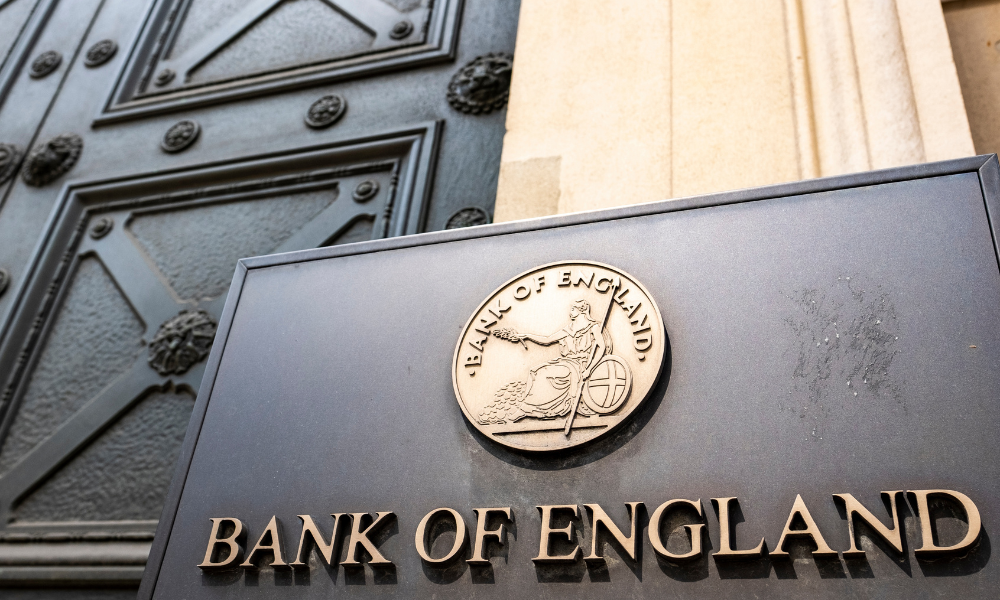Central bank pauses non-essential projects as operational costs near £800 million

The Bank of England (BoE) is managing budgetary challenges as it undertakes a major upgrade of its IT systems, expands its workforce, and revises its forecasting approach in response to a review by former Federal Reserve chair Ben Bernanke.
Sources close to the matter say funding constraints have been worsened by large-scale initiatives, leading the central bank to postpone or cancel non-critical investments. A significant portion of the budget is now being channelled into IT modernisation after years of deferred spending. Additional pressure stems from the need to recruit staff for a forecasting and communications revamp prompted by Bernanke’s recommendations.
Wage demands and the potential rollout of a digital pound — subject to government approval — could also impact the bank’s finances.
These strains follow criticism directed at the bank for its delayed response to surging inflation and its underestimation of persistent price pressures. Although Bernanke’s review found the bank’s forecasting issues mirrored those of peers, he flagged its outdated infrastructure as requiring urgent updates.
For centuries the Bank of England has been the guardian of Britain’s financial health. Now the central bank is facing a budget crunch of its own. https://t.co/nF5kAEXgck
— Bloomberg (@business) June 17, 2025
The central bank recently shifted to a new funding structure and has not issued a dividend to the UK Treasury for the fifth consecutive year. Recruitment in a competitive labour market has also driven up salaries.
The BoE’s next annual report is expected to outline the full extent of its financial constraints. Its most recent accounts, covering the year to February 2024, showed operating costs of nearly £800 million.
A bank spokesperson told Bloomberg that it must “make decisions in a constrained environment” while carrying out a “significant, multi-year transformation of all aspects of our operations.” They added: “We are committed to making the bank a more modern, efficient and resilient institution.”
In a February meeting of the Court of Directors, which oversees the bank’s strategic and budgetary direction, officials disclosed that some essential projects were not funded, and all discretionary spending had been delayed or cancelled. Meeting minutes indicate that court members have raised concerns over investment shortfalls. In October, non-executive director Ron Kalifa questioned the adequacy of the investment budget, and in February, the court asked staff to explore ways to increase it.
Bernanke noted last year that he observed “a material degree of underinvestment” in the bank’s systems and infrastructure. Governor Andrew Bailey said at the time that a £30 million investment programme, focusing on cloud computing and data capabilities, was already in progress.
Chief financial officer Afua Kyei advised directors that spending must align with inflation over the next three years. However, limiting wage growth to control expenses could cause friction with staff and their union.
Monetary Policy Committee member Swati Dhingra, in her latest report to lawmakers, noted she had experienced prolonged understaffing during her term but was now receiving improved support.
Despite a recent funding model revision, the BoE remains under pressure, having seen operational policy costs jump 14% to £38 million — attributed to inflation and increased investment. The bank is partially financed by the BoE levy, an annual fee charged to financial firms with assets exceeding £600 million. Treasury approval is required for any rise in this levy. Additional income is generated through services such as banknote production and regulatory fees.
Want to be regularly updated with mortgage news and features? Get exclusive interviews, breaking news, and industry events in your inbox – subscribe to our FREE daily newsletter. You can also follow us on Facebook, X (formerly Twitter), and LinkedIn.



